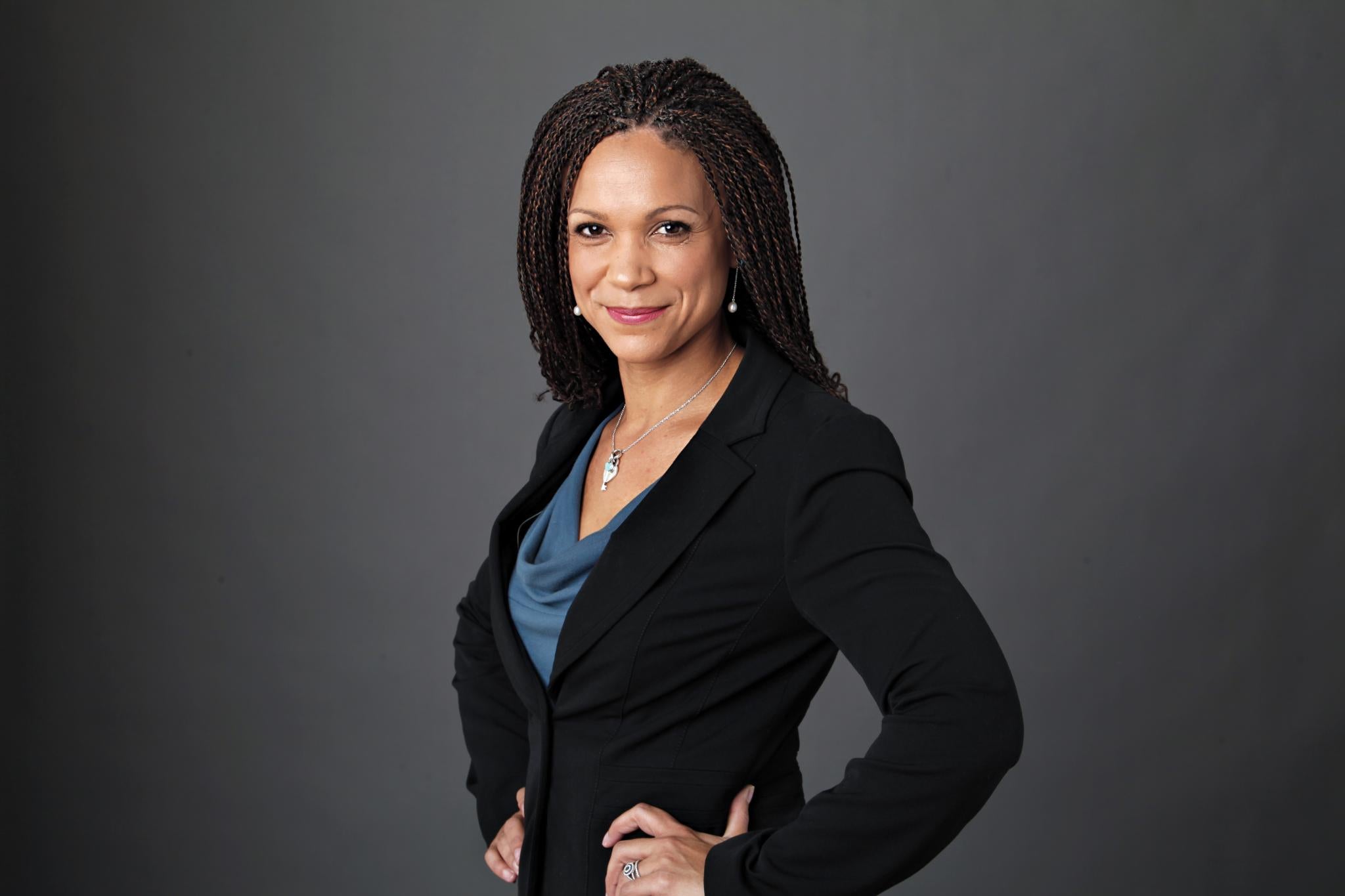
On February 14 my husband, James, and I welcomed our little girl, Anna James (AJ), to our family. I had lost my uterus to fibroids five years earlier, so we turned to surrogacy as a way to have our own biological child. We were already raising Parker, our spirited 12-year-old daughter from my previous marriage, and with AJ’s arrival I became a 40-year-old mom of a new-born and a tween.
The idea of balancing two children with a 12-year age gap between them, a still-young marriage and two full-time jobs (my self-titled MSNBC show in New York City and a Tulane University professorship in New Orleans) had me panicked that first night in the hospital.
But my anxiety transformed into deep sadness the next day, when, after 30 hours of deliberation, a Florida jury returned a verdict in the case of the death of Jordan Davis. The jurors found 47-year-old Michael Dunn guilty on three counts of attempted second-degree murder for shooting into an SUV full of African-American teenagers. During a dispute with the teens about loud hip-hop music at a gas station, Dunn fired ten bullets into their vehicle, killing 17-year-old Davis, who was sitting in the backseat. On the charge of first-degree murder, which was tied directly to Davis’s death, the jury was hung. Finding Dunn guilty on the attempted murder counts means that it’s likely he will spend decades in prison, but like many others who followed this case closely, I had lingering angst that Davis’s killing would not be legally recognized as murder.
I met Davis’s mother, Lucia McBath, when she appeared on my show last August. She joined me on the same day I hosted Sybrina Fulton, the mother of murdered teen Trayvon Martin, and Myrlie Evers-Williams, the widow of Mississippi civil rights leader Medgar Evers. I was struck by the reality that the father of Evers-Williams’s children was ripped from them by an assassin 50 years earlier, the killer of Fulton’s son was set free by another Florida jury the month before our taping and McBath was still waiting to learn if her slain son would receive justice. These women had all experienced unspeakable suffering, but were still compelled to bear witness to their tragedies.
It is impossible to be a Black woman in America without wondering, at times, if our country hates the ones we love. I feel a special agony for these mothers—ones who paced the floor cradling their newborns in the wee hours of the morning, as I was doing with AJ. Mothers who set limits and imposed punishments to teach character and responsibility, just as I try to do with Parker. Mothers who sacrificed to ensure good educations and bright futures that were snatched away in one moment.
It would be easy to allow the grief of our recent losses or the history of Black life in America to make us shun the task of mothering. But I was privileged to hear the faith-filled voices of Evers-Williams, Fulton and McBath. We have inherited the historic audac ity of Black mothers in this country. We have dared to create families, to embrace our beloveds, to bear our children and to pour our whole selves into them even when we know that a hateful world awaits. To love our children without reservation is an act of courage—one that was passed down to us, and one that we must continue.
Look for more from Melissa Harris-Perry next month.
This article was featured in the May 2014 issue of ESSENCE . Pick it up on news stands now.